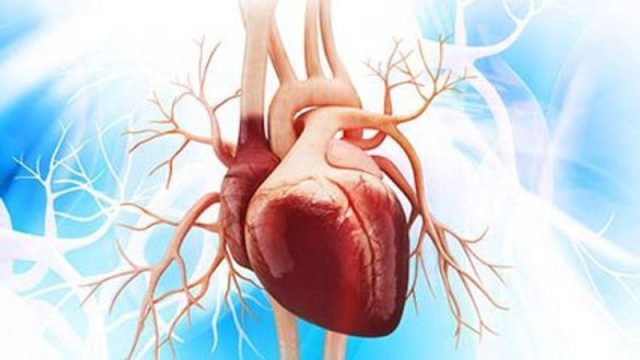Higher baseline Digital AS Severity index associated with faster progression in aortic valve velocity
By Elana Gotkine HealthDay Reporter
MONDAY, April 8, 2024 (HealthDay News) — A video-based artificial intelligence (AI) biomarker (Digital Aortic Stenosis [AS] Severity index [DASSi]) can detect severe AS development and progression among patients undergoing echocardiography or cardiac magnetic resonance imaging, according to a study published online April 6 in JAMA Cardiology to coincide with the annual meeting of the American College of Cardiology, held from April 6 to 8 in Atlanta.
Evangelos K. Oikonomou, M.D., D.Phil., from the Yale School of Medicine in New Haven, Connecticut, and colleagues deployed DASSi to patients with no AS or with mild-to-moderate AS at baseline to identify development and progression of AS in a cohort study. A total of 12,599 participants were included in the echocardiographic study: 8,798 from the Yale New Haven Health System (YNHHS) and 3,801 from the Cedars-Sinai Medical Center (CSMC).
The researchers found that higher baseline DASSi was associated with faster progression in aortic valve velocity (AV-Vmax; per 0.1 DASSi increment, 0.033 and 0.082 m/s per year in YNHHS and CSMC, respectively), with values of 0.2 or greater associated with a fourfold to fivefold higher aortic valve replacement risk compared with values of <0.2 (adjusted hazard ratios [95 percent confidence intervals], 4.97 [2.71 to 5.82] and 4.04 [0.92 to 17.70] for YNHHS and CSMC, respectively), independent of confounding variables of age, sex, race, ethnicity, ejection fraction, and AV-Vmax. The findings were reproduced in 45,474 participants undergoing cardiac magnetic resonance imaging in the U.K. Biobank.
“Our study defines novel AI-based videographic phenotyping of cardiac anatomy and function to detect distinct clinical trajectories among patients with no or nonsevere AS, which generalize across multinational cohorts and noninvasive modalities,” the authors write.
Several authors disclosed ties to the pharmaceutical industry, one author disclosed a related patent, and one author disclosed payments from law firms.
Copyright © 2024 HealthDay. All rights reserved.



















